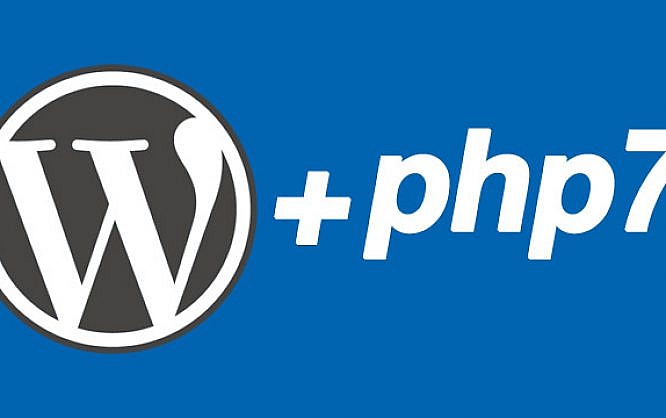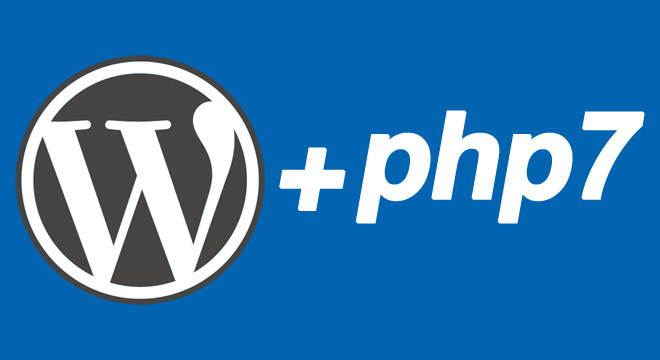PHP7 and WordPress: Can You Already Spark the Turbo? [Infographic]

Since the third of December 2015, the latest version of PHP, carrying the number seven, is available. To remove legacy waste, the developers decided to partially give up on backward compatibility. For WordPress users, this brings up the question whether PHP7 is already usable, and which advantages can come with using it if any. Therefore, let's take a short look at these important questions.
 A small notifier: This article will only briefly address PHP7 and WordPress to answer the question whether the new version is already usable without any problems. We will not go in-depth today.
A small notifier: This article will only briefly address PHP7 and WordPress to answer the question whether the new version is already usable without any problems. We will not go in-depth today.
 A small notifier: This article will only briefly address PHP7 and WordPress to answer the question whether the new version is already usable without any problems. We will not go in-depth today.
A small notifier: This article will only briefly address PHP7 and WordPress to answer the question whether the new version is already usable without any problems. We will not go in-depth today.
PHP7 and WordPress - Dream Team?
PHP7 is the name of the official successor of PHP5 since December 2015. During the development of the programming language, backward compatibility was neglected for the most part. This brings up the question if that poses problems to the not so young WordPress core. The new version's big advantage is the up to 30 percent lower execution time than PHP5 as, among other things, hash tables were newly implemented. This should result in a massive performance boost for your WordPress website. PHP is the coding language that was used to develop WordPress. PHP is what turned the web into what it is today. All functions and elements of your website are generated and distributed by PHP. Without it, the web would be static, and most likely, only pure HTML pages would be able to exist.Is a PHP Update Important?
PHP updates are very rare, but also critical. Generally, one can say that the updates are always relevant for security and performance. Security gaps are closed, and a bit of performance is added. That's why it's always recommendable to use the latest version of PHP, but only if your web applications of choice run smoothly.PHP7 = A Significant Performance Increase
PHP7 makes WordPress run, as the utilization of the given resources is significantly better than before. In the new version, all PHP operations require much less CPU computational power than it was the case with the old version 5.6. This saves server power during regular operation, which means that there is more power available during visitor peaks. WordPress needs far less computational power to keep the old speed level. Roughly said, your website has an up to twice as high performance under PHP7. This is the result of in-depth testing by Zend, the developer of PHP. Zend used the WordPress version 4.1 for its tests, so there should be no difference between it and the current version 4.5.3. Find Zend's infographic further down.Is PHP7 Already Usable?
I've been testing the new PHP version for weeks, and I haven't been able to notice any compatibility issues. So far, when it comes to using PHP7, the web was very reserved. However, I couldn't find any errors on two (important) WordPress websites with a different set of plugins. The opposite was the case, as my websites were faster immediately after the activation of the new PHP version. No theme, no plugin had any compatibility issues. I also was unable to find a problem on any of my test pages. Everything runs fast and smoothly. Only one customer website I maintain was slower than before while using PHP7. I suppose there was a problem with the custom scripts for the delivery of advertisements. Many hosts already have the recent PHP version in its settings for hosting packages, so it only needs to be activated. In my managed root cloud server, I only had to comment out the new version and comment in the old one in the httpd.conf.PHP7 is Usable in Live Operation If:
- You use the latest version of WordPress.
- You always update all plugins.
- You don't use any plugins you developed yourself years ago and haven't touched since.
